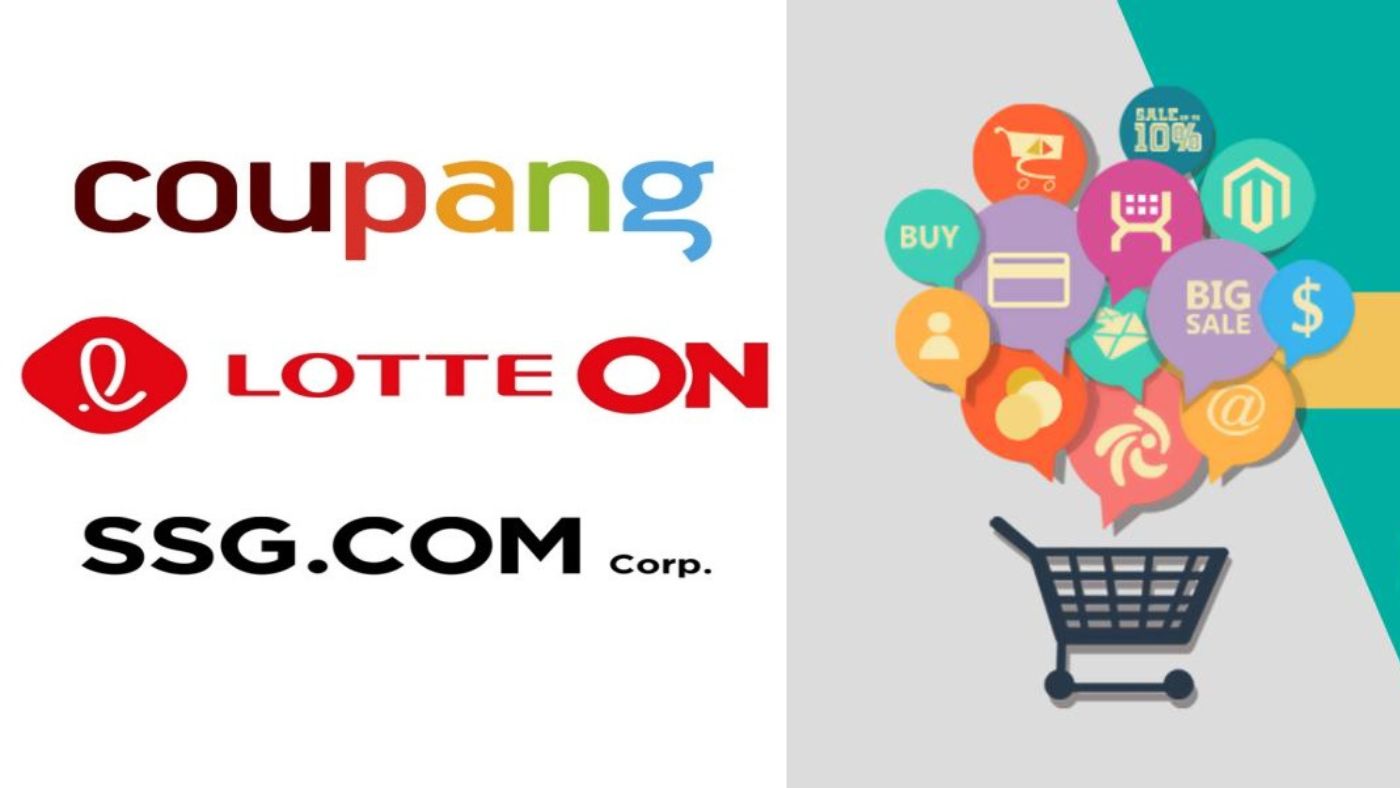Affluent Generation Xers, who pioneered the digital space and navigated the early days of personal computing and the advent of the Internet, have become the primary users of online shopping malls in heavily wired South Korea.
This trend suggests that major e-commerce players may need to adjust their marketing strategies, which currently focus more on younger generations in their 20s and 30s, to improve profitability.
According to Korean retail giant Shinsegae Group’s e-commerce platform SSG.COM on Wednesday, customers in their 40s and 50s accounted for 63% of sales on its Misikgwan, or Gourmet Place, where users can shop for popular ready-to-eat meal kits and premium international foods and ingredients online.
The marketplace was initially designed to target younger-generation shoppers. However, those in their 50s were found to spend the most per order, according to the online shopping mall operator.
Users in their 40s and 50s also comprised 80% of SSG.COM’s ‘VIP customers’ who spent a minimum of 250,000 won ($185) per month from January to April this year. Their average purchase value per order on the online mall was 85,000 won, and they shopped for groceries more than five times every month.

“Those in their 40s and 50s, caring more about quality than price and possessing great purchasing power, have emerged as the key customers of online grocery stores,” said an official from SSG.COM.
Shoppers aged 40 to 59 also appear to be primary users of other e-commerce platforms.
According to data from Korea-based app analytics firm Wiseapp·Retail·Goods, 52% of users of the country’s top five online marketplaces – Coupang, AliExpress, 11Street, Temu, and Gmarket – were those in their 40s and 50s in May, surpassing the 33% share of shoppers in their 20s and 30s.
Since late last year, they have also been actively shopping on AliExpress and Temu, Chinese marketplaces that have rapidly expanded their presence in Korea with inexpensive products and fast delivery services.
Shoppers on AliExpress aged 20 to 39 and 40 to 59 made up 34% and 53% of the e-commerce platform’s users, respectively, last month.
In the same month, the younger generation accounted for 28% of Temu’s total users, while the older generation made up 54%. On Korea’s No. 1 e-commerce player Coupang, the older group constituted 46% of its total users, higher than the younger group’s 37%.

This trend is somewhat unexpected, given that Korean retailers have been heavily marketing to attract the younger generation in their 20s and 30s, known as Millennials and Gen Z, or MZers in Korea, to their online marketplaces.
Retail industry observers believe that the contactless shopping boom driven by the COVID-19 pandemic has turned the older generation in their 40s and 50s, known as Generation X, into significant spenders on online shopping malls.
Generation Xers witnessed the transition from analog to digital, driven by personal computers and the Internet. They were early adopters of new technologies who have become experts in leveraging technology for efficiency and innovation without fear of using new devices like smartphones.
In addition to their in-depth understanding of new technology, they are also armed with wealth accumulated from decades of professional work.
This is why Generation Xers, not Millennials or Gen Z, have emerged as the main spenders on e-commerce platforms in Korea, one of the world’s most wired countries, according to industry observers.







Leave a Reply